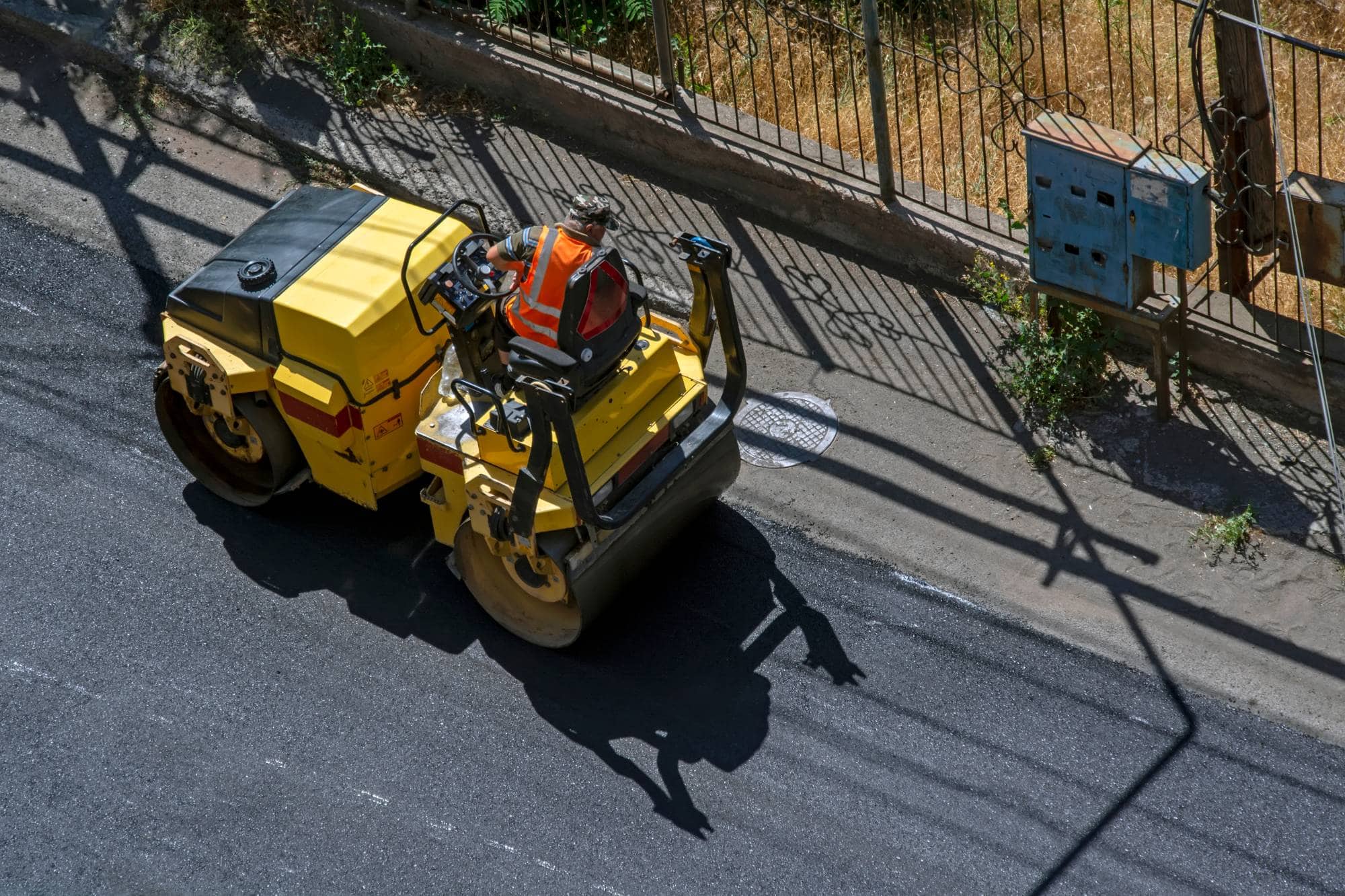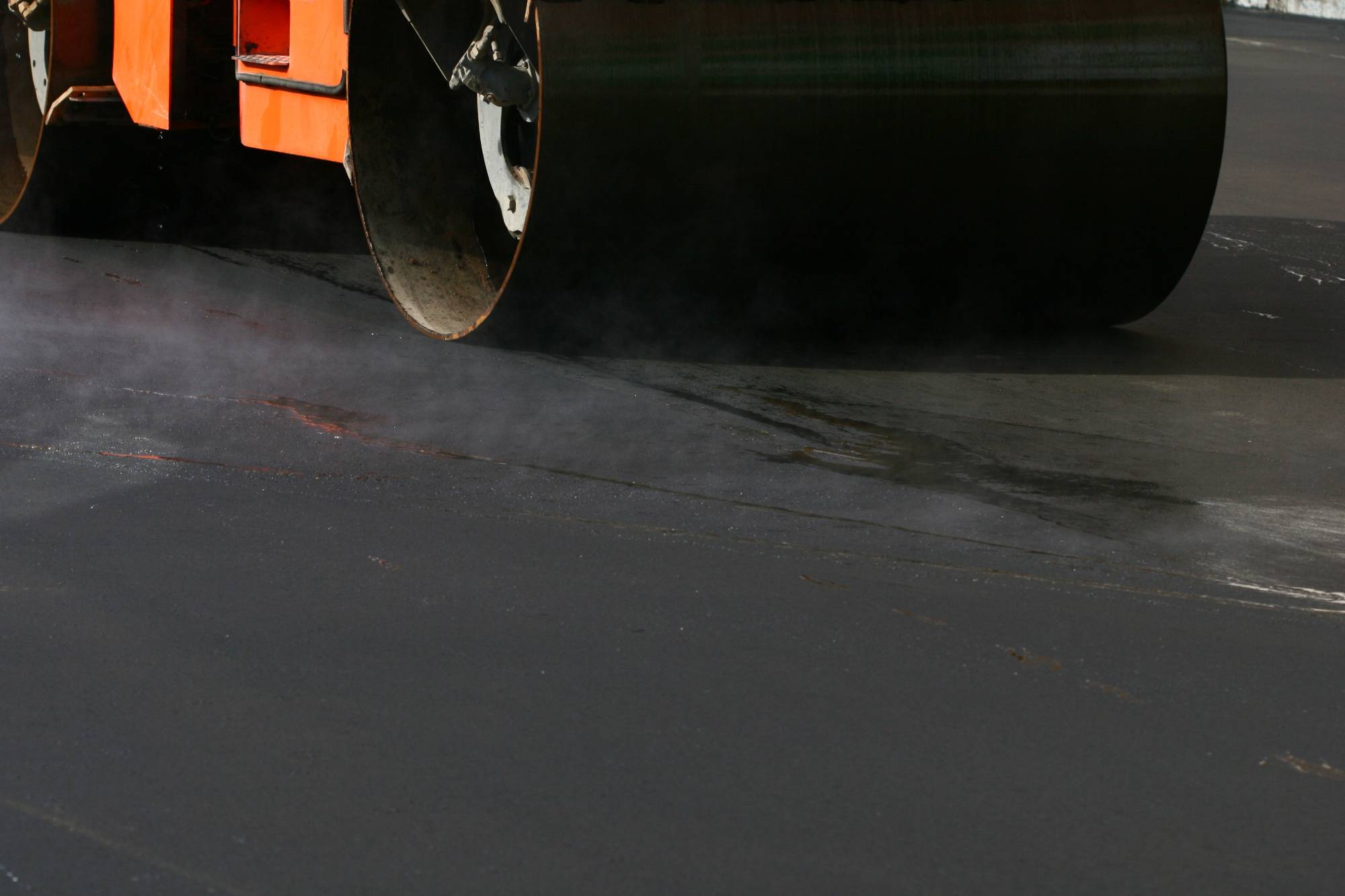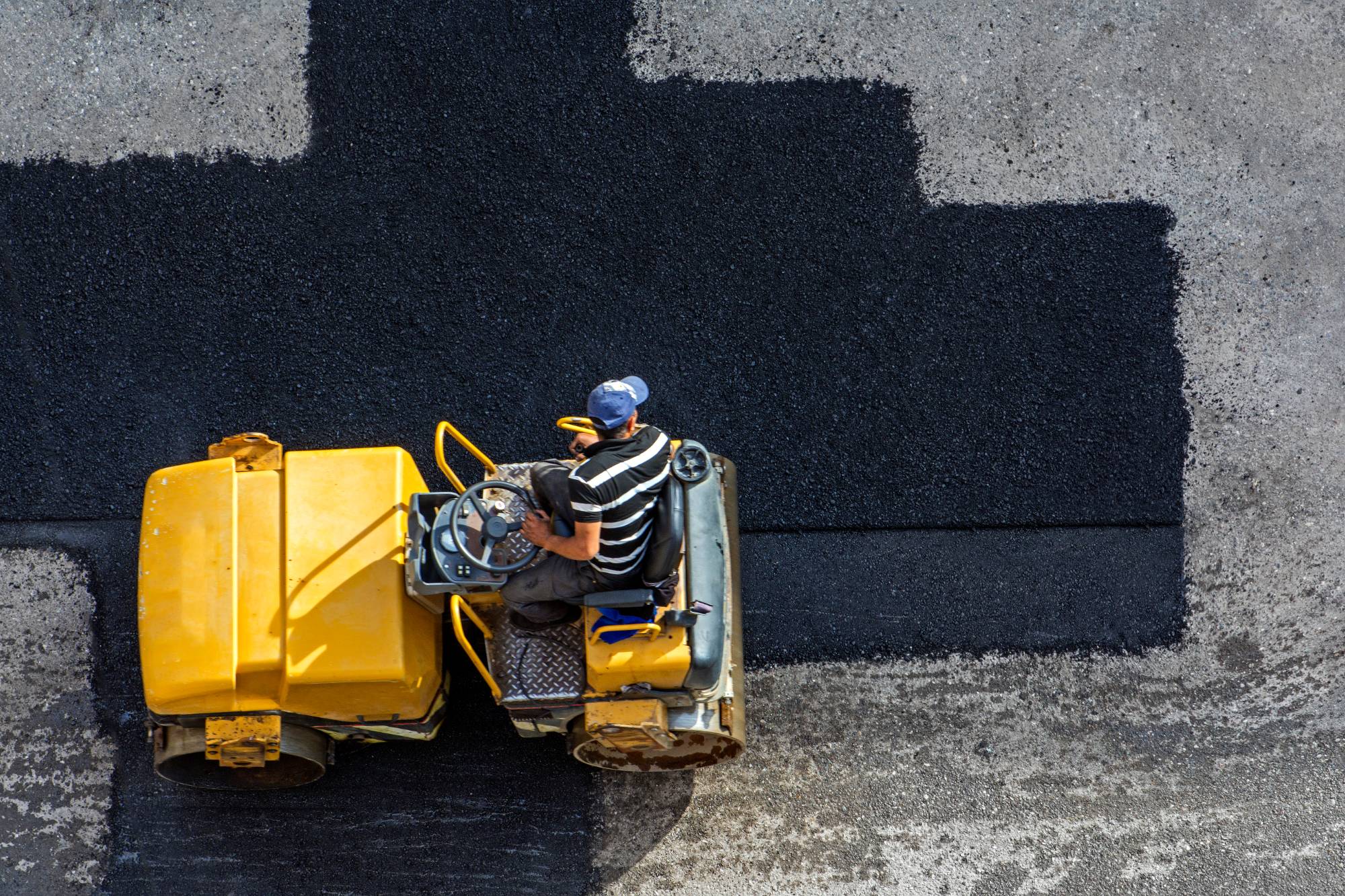- 631-796-2804
- [email protected]
- Mon - Fri: 6:30AM - 5PM
Quality commercial paving that handles Long Island weather and heavy traffic without breaking your budget.

Hear from Our Customers

Your property makes the right first impression. Smooth, properly graded asphalt that looks professional and stays that way through Long Island’s brutal winters and heavy summer traffic.
No more explaining away cracked pavement to customers or worrying about liability from uneven surfaces. Your parking lot becomes an asset, not a headache.
You get years of reliable service from asphalt that’s built right the first time. Proper drainage means no more water pooling against your building. Quality materials mean fewer repairs and lower long-term costs.
All Purpose Paving has been handling commercial asphalt projects across Suffolk County for years. We understand how Long Island’s soil conditions and weather patterns affect pavement performance.
Our team knows local building codes and ADA requirements. We’ve paved everything from small office complexes to large industrial facilities throughout Yaphank and surrounding areas.
Our approach is straightforward: show up on time, do quality work, and keep your business running smoothly during the project.

First, we evaluate your site and discuss your timeline. No surprises or hidden issues that pop up later – we identify potential challenges upfront and plan accordingly.
Next comes proper site preparation. This is where most problems start or get prevented. We excavate to the right depth, address drainage issues, and install a solid base that won’t shift or settle.
Then we install the asphalt using commercial-grade equipment. Proper compaction and finishing techniques ensure your pavement can handle heavy traffic and weather extremes. The final step includes line striping and any ADA-compliant features your property needs.

Ready to get started?
Every commercial paving project includes proper site evaluation and preparation. We handle permits, coordinate with utility companies if needed, and work around your business schedule to minimize disruption.
You get quality asphalt materials designed for commercial traffic loads. Proper drainage systems prevent water damage to your property. ADA-compliant installation meets accessibility requirements.
The work includes professional line striping, proper compaction, and clean job site management. We coordinate delivery schedules to avoid blocking your operations and complete projects efficiently so you can get back to business.


We are a family owned and operated paving contractor servicing customers on the East end of Long Island. We specialize in all phases of paving from start to finish.